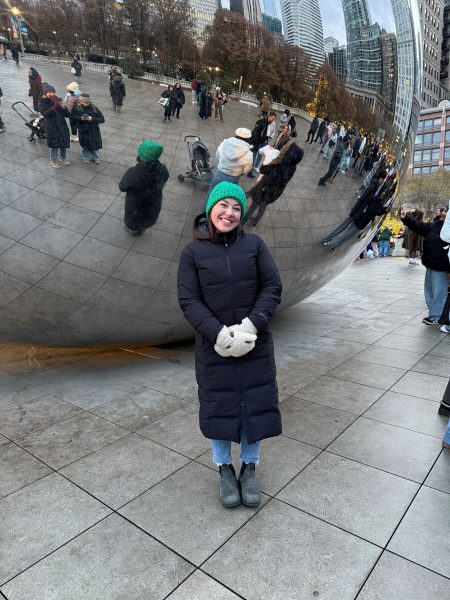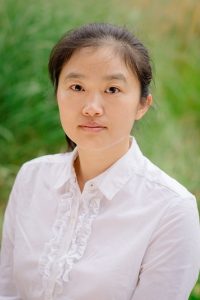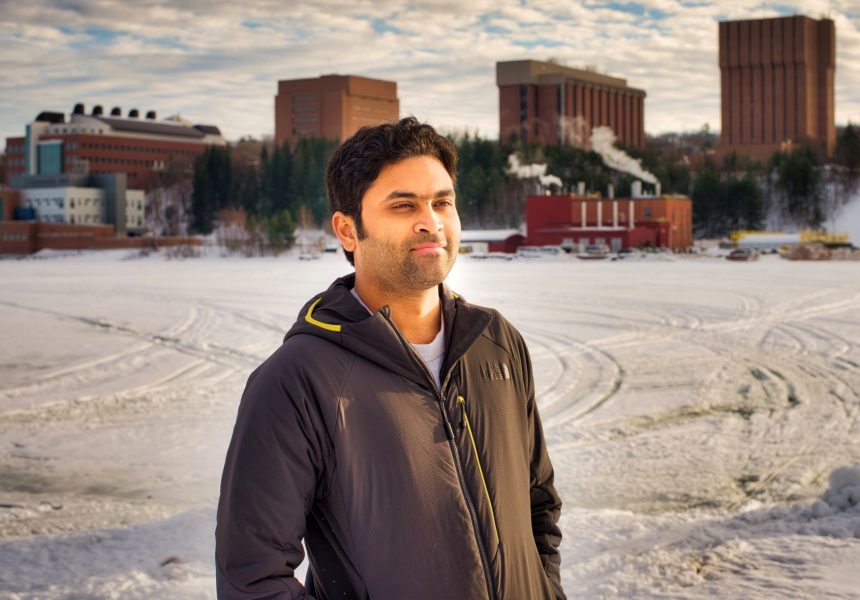The Graduate School recently represented Michigan Tech at the Midwestern Association of Graduate Schools (MAGS) annual meeting held in Milwaukee, Wisconsin, from April 6-8. Dean Will Cantrell, Melissa Baird (SS/GS), Debra Charlesworth (GS), Anna McClatchy (Dean of Students/GS), and PhD candidate in chemistry Priyanka Kadav attended the meeting.
Baird attended the New Graduate Administrators Workshop, providing graduate deans from across the Midwest the opportunity to network and discuss how to best support graduate education. Charlesworth and McClatchy presented an oral session titled “Bridging the Gap: Holistic Graduate Student Support at Michigan Tech.” They provided an interactive session for the attendees to learn from each other as well as Michigan Tech about support resources for graduate students. Finally, Kadav represented Michigan Tech in the Three Minute Thesis (3MT) competition. Her presentation was titled “Capture and Release (CaRe): A novel protein purification technique.” Her slide and a picture of her group can be found on the Graduate School Newsblog.
MAGS sponsors several competitions to recognize graduate student and graduate school accomplishments; please consider nominating your outstanding students when nominations are open!


